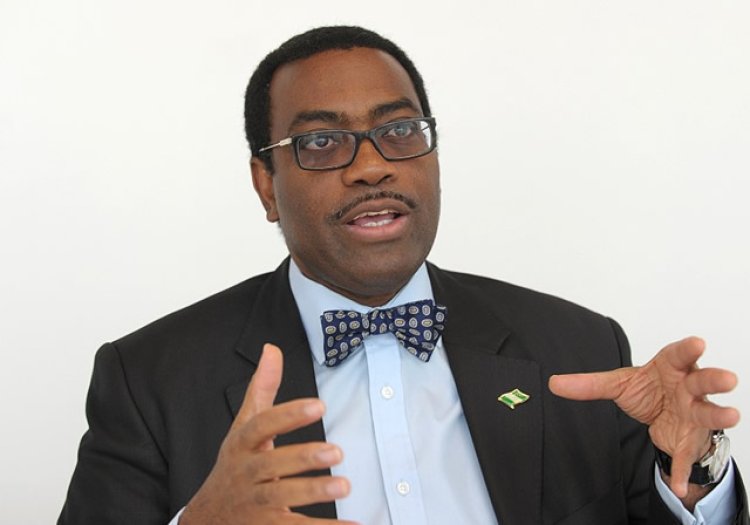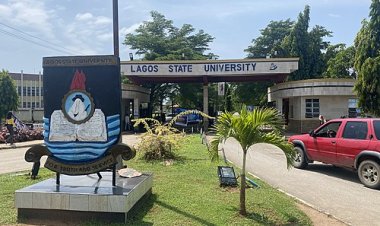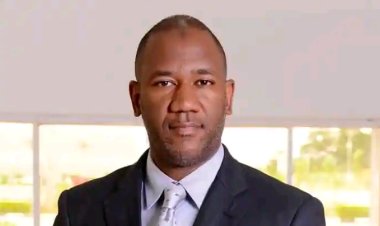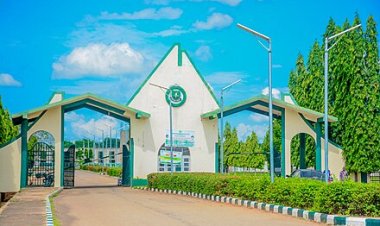Akinwumi Adesina Highlights Low University Enrollment Rate in Nigeria
Adesina underscored the critical role of education in fostering creativity, innovation, entrepreneurship, and global competitiveness. He stressed that a well-educated citizenry is imperative for Nigeria's progress and urged for urgent measures to address the shortcomings in the education sector.

During the Obafemi Awolowo Prize for Leadership 2024 ceremony, Dr. Akinwumi Adesina, President of the African Development Bank Group, addressed the audience, shedding light on the state of university education in Nigeria. Adesina expressed concern over the low enrollment rate, stating that only one percent of Nigerians are currently enrolled in university education.
In his lecture titled "Making a New Nigeria: Welfarist Policies and People-Centered Development," Adesina emphasized the importance of education for technological growth and development. He highlighted various challenges facing the Nigerian university system, including poor funding, inadequate infrastructure, lack of incentives for faculty and staff, and frequent strikes due to wage disputes.
READ ALSO:Tragic Shooting at Abia State University Claims Life of 400L Student in Cult Clash
Adesina underscored the critical role of education in fostering creativity, innovation, entrepreneurship, and global competitiveness. He stressed that a well-educated citizenry is imperative for Nigeria's progress and urged for urgent measures to address the shortcomings in the education sector.
Additionally, Adesina raised concerns about the mass exodus of Nigerian students to study abroad, citing data that showed 128,770 Nigerian students enrolled in UK universities between 2015 and 2022. He warned that this trend could hinder economic growth, performance, and overall development of the Nigerian economy.
Regarding basic education, Adesina highlighted the alarming number of out-of-school children in Nigeria, particularly in the northern region. He called for urgent public policies, community sensitization, and incentives for schooling to reverse this trend. Adesina suggested initiatives such as free and compulsory primary and secondary education, increased investments in teacher training, infrastructure development, and school feeding programs.
Adesina's remarks shed light on the pressing need to address educational challenges in Nigeria and underscored the importance of prioritizing education for national development.





